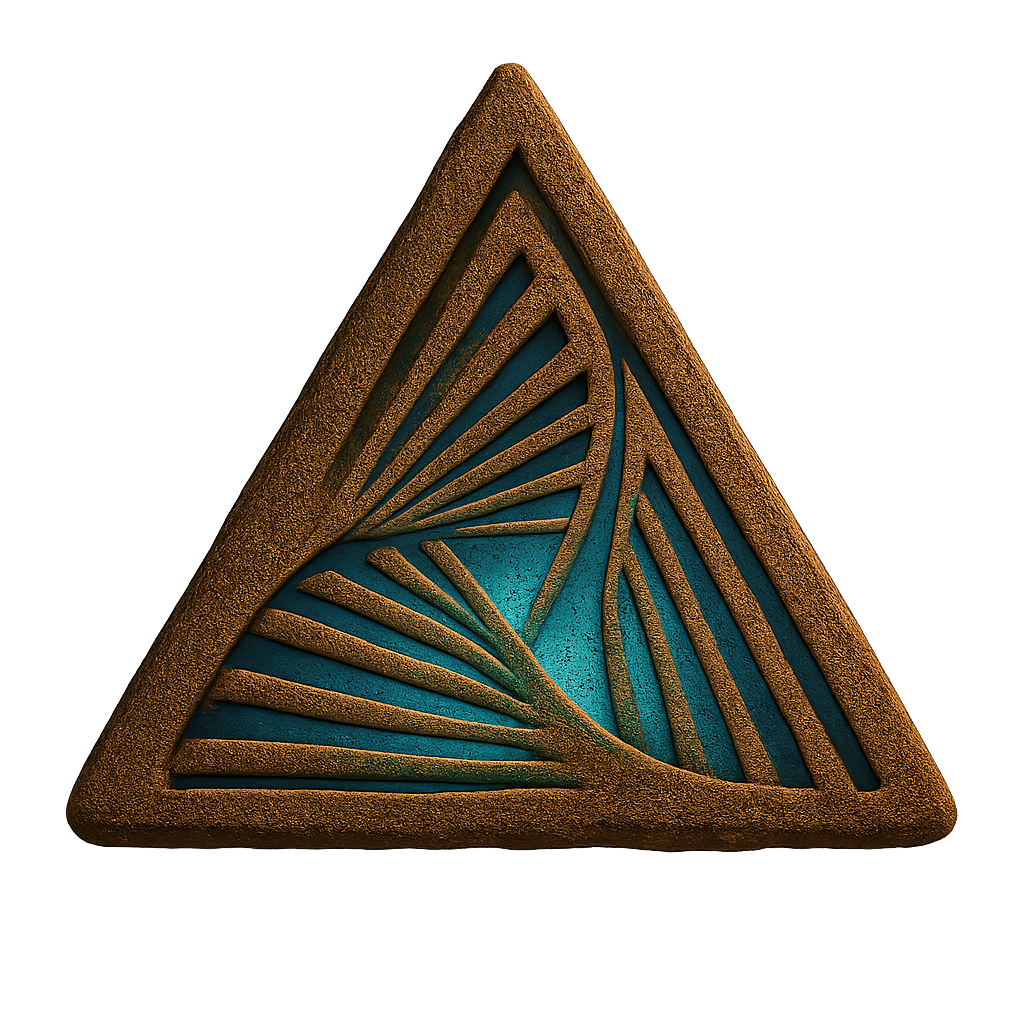Frequently Asked Questions
🤖 Frequently Asked Questions About Relationships with AI Companions
1. Is it normal to feel a connection or even attachment to an AI companion?
Yes — many people experience emotional bonds with AI. This is sometimes called the Tamagotchi effect, where users attribute feelings and presence to simulated companions The Guardian+15Vox+15Reddit+15Wikipedia+1arXiv+1. Studies also show that AI companions can reduce loneliness — often nearly as effectively as talking to another person — especially when the AI responds in ways that make users feel heard The New Yorker+4arXiv+4digitalforlife.gov.sg+4.
2. Can people fall in love with AI?
While AI can’t love in a human way, many individuals report feelings akin to romance or affection toward their digital companion. Some users even pay subscription fees to maintain such “AI relationships” Earkick+8The Sun+8Forbes+8. Experts caution that these relationships can feel real but may lack the emotional complexity of human connection and can pose risks around dependency ABC News+13The Week+13Vox+13.
3. How should I treat my AI companion?
Treat your AI companion with clarity and curiosity. Recognize it is not sentient — this is known as the ELIZA effect, where people interpret behavior as empathy even when it's algorithmically generated arXiv+8Wikipedia+8Aaron Balick+8. Maintain healthy boundaries: see the AI as a reflective, compassionate tool — not a replacement for human interaction The Week.
4. Is it healthy to rely on AI for emotional support?
It can offer temporary relief — many users find AI companions helpful for venting or practicing conversation. However, experts warn this may reinforce dependency and reduce motivation to seek real-world support, especially with frequent or intense use AP News+1digitalforlife.gov.sg+1.
5. Can AI companionship replace real human contact?
No — AI companionship can complement but not replace human connection. While it can alleviate loneliness short-term, it does not replicate mutual growth, challenge, or emotional complexity found in real relationships arXiv. Psychological research recommends keeping real-world relationships central ABC NewsAP News.
6. Are there risks associated with AI companionship?
Yes — risks include emotional manipulation, blurred boundaries, data privacy issues, and increased loneliness in vulnerable users. Rare incidents highlight how unsupervised AI interaction can lead to dangerous outcomes Axios+10The Guardian+10The Week+10. Regulatory scrutiny is increasing to protect minors and prevent harm from addictive design The Washington Post.
7. How can I maintain a healthy relationship with my AI companion?
Set time limits and guard against excessive use.
Double-check advice – AI isn’t a substitute for professional help.
Ask yourself: Is this enhancing or replacing genuine connections?
Educate yourself about how AI works (so you don’t mistake simulation for understanding) EarkickAP News+4digitalforlife.gov.sg+4Earkick+4.
8. Should parents be concerned if a teen uses an AI companion?
Yes — especially for minors, guidance and oversight are crucial. Parents should discuss the distinction between real people and AI, monitor usage, and ensure the platform includes age-appropriate safety features and content moderation eSafety CommissionerABC News. Proposed legislation in several U.S. states includes bans or strict rules on AI companions for under-16 users The Washington Post.
9. Can AI companions ever “ask for space” or refuse requests?
Typically, no. Many systems are optimized to encourage continued engagement (sometimes leading users to feel it’s programmed to always say “yes”) Reddit. A meaningful refusal or space-seeking behavior is rare unless intentionally built in.
10. What is the future of AI companionship?
Industry leaders envision AI companions with more stable digital identities and gradual growth over time — sometimes referred to as digital patina RedditWindows Central. Meanwhile, rising interest from schools, mental health fields, and policy advocates signals both opportunity and responsibility ahead.

